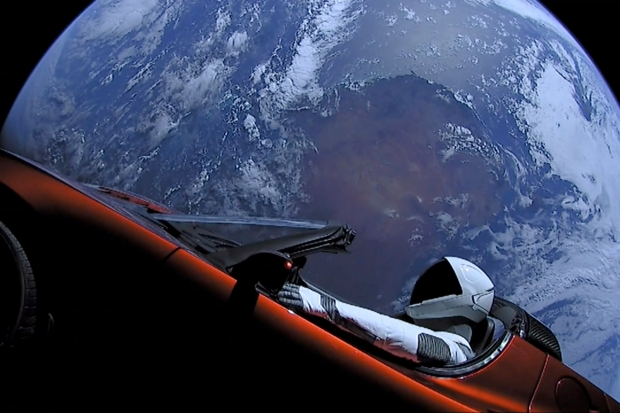For decades the insurance industry has effectively decided who can do what by refusing to insure people who insist on doing risky things like driving a car, breathing, having sex etc. Now it turns out that they they are not that keen on insuring the world's richest men in what could be a really risky activity. After all, if Jeff Bezos gets distributed over the stratosphere if his rocket explodes there is going to be a huge insurance bill, he is apparently worth billions.
Now while the rest of the world wants Bezos, a lifelong space enthusiast, Elon Musk and Richard Branson to leave the planet as soon as possible, the insurance industry is saying no. Given space tourism's target market being for the very very wealthy, it is unlikely that the insurance industry is going to want to let any of them fly.
There is a nearly $500 million market to insure satellites, rockets and unmanned space flight, but no legal requirement for an operator such as Blue Origin, which Bezos founded, to insure passengers for injury or death or for space tourists to have life cover, brokers and insurers said.
Neil Stevens, senior vice president, aviation and space at Marsh, the world's biggest insurance broker, told Reuters that so far no one has taken out any insurance.
Assuming they lift off as planned next month, Bezos and the other wannabe astronauts on Blue Origin's New Shepard spacecraft will not only spend several minutes 62 miles (100 km) above the earth in a truck-sized capsule, they also have to get back.
The only group that has regularly flown humans sub-orbitally since the 1960s is Branson's Virgin Galactic. All have been tests, with one failure in 2014 resulting in death. Blue Origin has flown 15 unmanned sub-orbital flights with no failures, Seradata SpaceTrak data showed on June 10.

